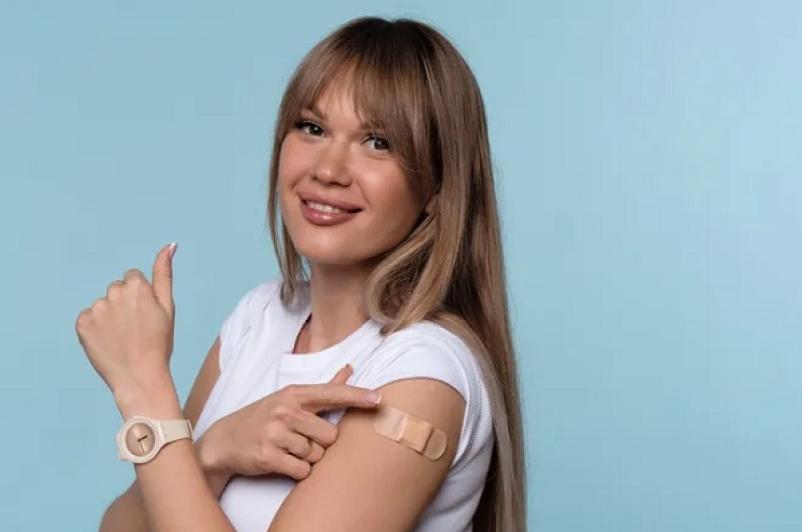

Flu season is here, UHS offers shots by appointment
October 30, 2023
It’s like clockwork first comes a brisk fall breeze, then comes flu season. Unfortunately, flu season still comes around every year. So, it’s vitally important to get your annual flu shot. Before one flu season is even over, members of the World Health Organization meet to decide which strains are likely to infect the most people during the next season.
According to the Centers for Disease Control and Prevention (CDC), hundreds of thousands of people are hospitalized due to flu related illness. A flu vaccine gives you extra protection to fight the flu. UHS offers flu shots to the public by appointment. With only a few exceptions, getting the annual influenza vaccine is a good idea for everyone age six months and older. Unlike some vaccines you receive only in childhood, and periodic vaccines like those for tetanus or whooping cough, a flu shot is needed every year. That's because there are multiple strains of the flu. (A fee is charged for the shot at UHS sites.)
Flu vaccine is available at UHS primary care and pediatric offices throughout the region. Call your primary care provider or your child’s pediatrician to make an appointment. For information about UHS’ primary care and pediatric offices, visit nyuhs.org.
The flu vaccine is also available at the UHS Pharmacy at UHS Binghamton General Hospital, 10-42 Mitchell Avenue, Binghamton.
How the shot protects you
Antibodies will peak a month to a month and a half after your shot and last for about six months afterwards. If you don’t get a flu shot early—and change your mind later in flu season, vaccination is still beneficial. For some people in higher-risk groups, the flu can be a particularly big threat. For example, it’s especially important to get a flu shot if you are pregnant; immunosuppressed; a person with a chronic cardiopulmonary disease; have a renal, hepatic, neurologic, hematologic or metabolic disorder (including diabetes); are over age 50; are a healthcare worker; are a nursing home resident; or are the parent, caregiver or household contact of an infant under six months of age.
Flu shots and kids
Children ages six months and up, and particularly children on long-term aspirin therapy, should all be sure to get the flu vaccine. Children ages six months to 8 years who are receiving the flu shot for the first time, or who have in the past received only a single dose, need two doses. So, seek out the first shot as soon as your pediatrician’s office makes them available, then schedule the second dose four weeks later.
According to the CDC, the first dose “primes” the immune system; the second dose provides immune protection. Children who get only one dose but need two doses can have reduced protection from only a single dose of flu vaccine. Children who have previously received two doses of vaccine at any time may need only one dose of vaccine this season; check with the healthcare provider.
Take sensible precautions
As we get deeper into flu season, it is especially important to take care of yourself, protect your family against viruses and be respectful of the life and health of those you come in contact with.
While the vaccine is the best way to prevent the flu, there are other everyday actions you can take to help keep from getting sick and stop the spread of germs:
- Avoid contact with those who are sick.
- Stay home if you suspect you’re sick, get plenty of sleep and drink plenty of fluids.
- Wash your hands with soap and water frequently.
- Disinfect frequently touched surfaces.
- Cover your mouth and nose when coughing or sneezing.
Remember that some years the flu vaccine does not fully protect you from getting the flu, even as it decreases how sick you become. Plus, the more years you get the flu vaccine, the more strains of the flu you may have some protection against.
The flu generally comes on suddenly, within hours. Most people experience mild symptoms that could include:
- Fever and/or chills
- Cough
- Sore throat
- Runny or stuffy nose
- Muscle/body aches
- Fatigue
- Vomiting/diarrhea
If you’re in a high-risk group or your symptoms worsen, contact your healthcare provider immediately. Said Bridget Talbut, RN, director of Clinical Services at UHS: “The CDC recommends that the best time to receive your vaccine is by the end of October, so consider Halloween as your potential deadline.”

